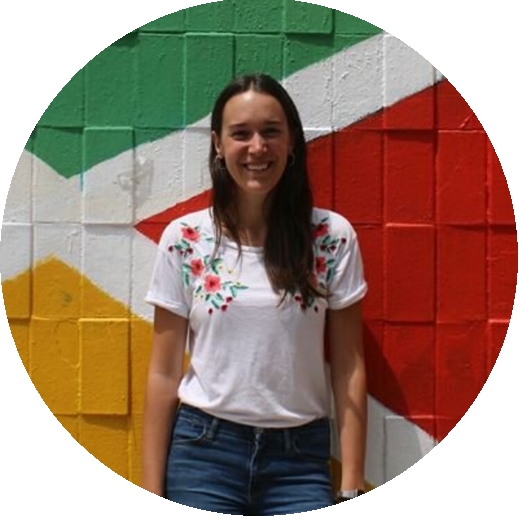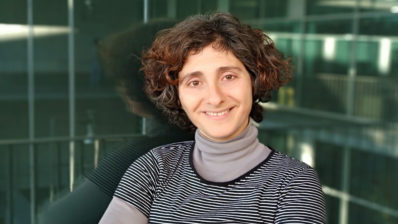Bioscience and health care studies rely more and more on decisions made from complex data sources. Progressively, sequencing data, high-resolution images or complex medical records are analysed by algorithms to find the best outcomes. Besides, on the data storage side, cloud solutions are becoming more popular to store huge amounts of data. That is why, in this TIC-enabled biological environment, solutions that make it possible for researchers to simplify the analysis of their complex data are becoming more popular.
Seqera Labs is a Barcelona-based data orchestration and workflow platform that enables scientists to analyse huge amounts of biological data in a simple, secure, fast and collaborative way. The company, that spun out from Centre for Genomic Regulation (CRG), has just raised $5.5 million in seed funding and is planning to expand their presence in North America.
A company spun out from the lab
In 2010, researchers from the bioinformatics and genomics research group at CRG, Paolo Di Tommaso and later Evan Floden together with their supervisor, Cedric Notredame, started discussing possibilities to simplify compilation and analysis of data in the cloud in an easy and collaborative way. Three years later, Nextflow was published as an open source and a small community of users emerged soon.
A decade later, Nextflow has over 10,000 users all over the world. “We maintain the unrestricted technology because we believe in open-access and this is what allows people to get to know us”, says Di Tommaso. However, they have also created Seqera to facilitate management and data control of their Nextflow pipelines by organizations. Nowadays, Seqera already offers commertial software to 40 organizations from hospitals, pharma companies and biomedical start-ups among Europe and the US.
Nextflow is free and open source, while Seqera was born to offer organisations help with the management and control of their Nextflow pipelines.
The cloud: the key to guarantee security and economic viability
One of the main advantages of Seqera is that they allow users to do the analysis in the cloud. This way, they reduce the cost of the analysis as well as preserve a secure environment for data.
With this cloud-based-system, they are able to analyse large amounts of data, mainly sequencing data. They help users doing varied analysis such as pathogenic surveillance, development of personalized immunotherapies or generation of personalized vaccines or treatments based on sequencing data of individuals, whereas they still assist traditional research institutions such as SciLifeLab, QBic, or the Sanger Institute.
“Our core software, Nextflow, is truly open and has grown a life of its own. A nice example is a pipeline adapted by the UK COVID consortium which has anlyzed the SARS-Cov-2 sequence from approximately 10% of UK’s population having COVID19. This has resulted in the identification of the alpha and delta variants and has been replicated around the world.”, explains Floden.
“Nextflow was used by the UK COVID consortium to anlyze the SARS-Cov-2 sequence from 10% of UK’s population having COVID19, resulting in the identification of the alpha and delta variants”
Evan Floden (CEO and co-founder of Seqera)
A promising future
This autumn, Seqera raised $5.5 million in seed funding from Talis Capital, Speedinvest, BoxOne Ventures and a grant from the Chan Zuckerberg Initiative. “This is a significant milestone in terms of our ability to grow. 18 months ago, we were just two people. Now, we have a team of 20 people including engineers, solution architects, sales people and developer advocates, and we expect to double the team again before the end of next year”, notes Floden.
However, founding a company goes further beyond their growth. “Running a company is completely different from basic research. Looking back, we have many significant learnings from becoming familiar with business vocabulary to how to run a fundraising process to hiring a sales team. And we still have a lot to learn in taking the company to the next stage”, says Di Tommaso.







